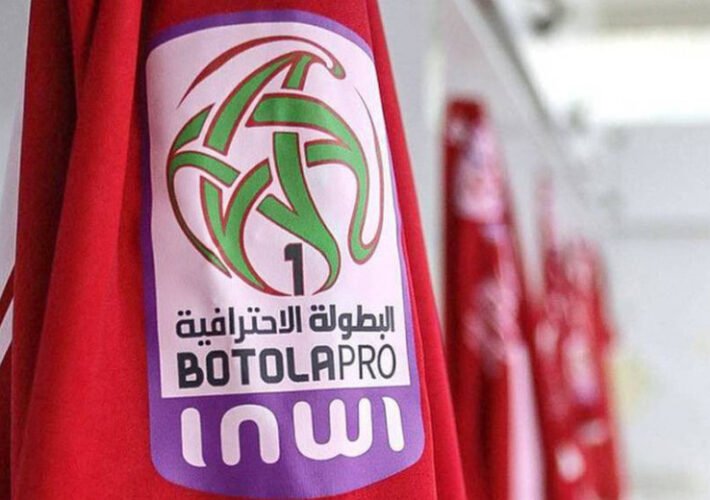Moroccan Football League bans 26 clubs from recruitment

The Moroccan Professional Football League has imposed a recruitment ban on 26 clubs from the top two divisions over financial disputes. This decisive action targets clubs that have failed to meet their financial obligations, particularly towards their players, leading to numerous complaints and intervention by FIFA.
The sanctions affect several prominent teams, including Hassania Agadir, Ittihad Tangier, Maghreb Fez, Raja Casablanca, Olympic Safi, and Wydad Casablanca.
These clubs, alongside others in similar financial distress, are now barred from participating in the transfer market that commenced on June 1st.
The root of the issue lies in the severe financial difficulties faced by many clubs, which have struggled to meet contractual obligations to their players.
The situation has been exacerbated by numerous complaints from foreign players, who have provided alarming accounts of their hardships.
These testimonies prompted FIFA to step in, pushing the national professional football league to take stringent measures.
The ban affects teams across both the first and second divisions, reflecting the widespread nature of the financial crisis within Moroccan football.
The league’s intervention aims to enforce financial discipline and ensure that clubs rectify their financial issues before engaging in player transactions.
While the majority of clubs face sanctions, a few have managed to maintain financial stability and will be allowed to recruit new players for the upcoming season.
Among these are AS FAR, RS Berkane, Touarga Sports, Fath de Rabat, and Renaissance Zemamra.
These teams have demonstrated compliance with financial regulations, allowing them to participate in the transfer market.
The financial troubles of Moroccan clubs have been a growing concern, with many unable to balance their books or fulfill their obligations to players.
The league’s decisive action serves as a wake-up call, emphasizing the need for clubs to prioritize financial health and sustainability.
The affected clubs now face the challenge of resolving their financial issues to regain the ability to recruit players.
This will likely involve negotiating settlements with players, restructuring debts, and implementing better financial management practices.
The league’s stringent stance indicates that future compliance with financial regulations will be closely monitored to prevent a recurrence of such widespread financial instability.
For fans and stakeholders, this development underscores the critical importance of financial governance in football.
While the immediate impact is a ban on new signings, the long-term goal is to ensure a more stable and sustainable football environment in Morocco.
In summary, the Moroccan Professional Football League’s ban on 26 clubs from recruiting new players marks a significant step towards addressing financial mismanagement in the sport.
As clubs work to resolve their financial issues, the league’s actions highlight the necessity of maintaining financial integrity and the repercussions of failing to do so.




